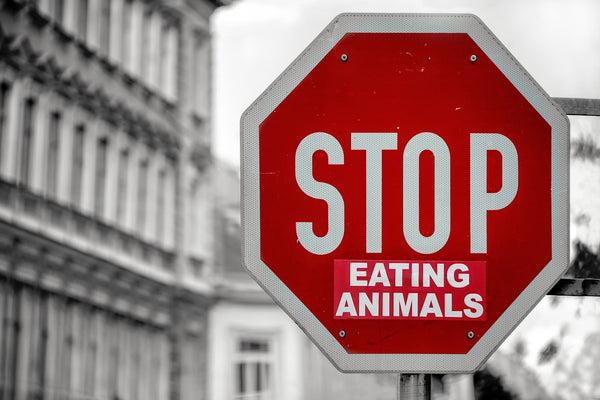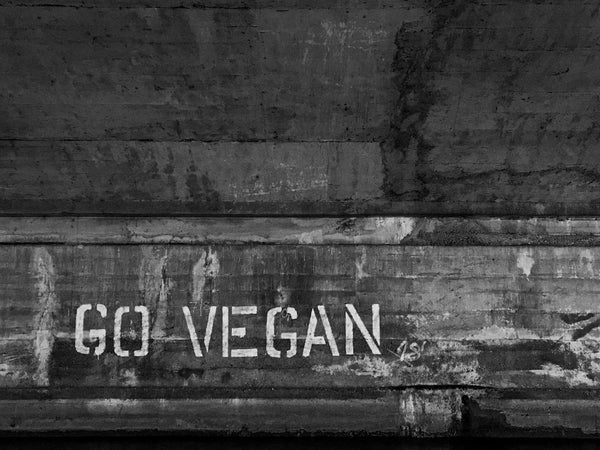Transitioning to a vegan lifestyle is a commendable choice for health, environmental, and ethical reasons. However, it comes with its own set of challenges, particularly when ensuring you get all the necessary nutrients. Vegan vitamins and plant-based supplements are essential to fill dietary gaps, but they aren't without their hurdles. Understanding these challenges—and how to navigate them—can make your journey to a well-balanced vegan lifestyle much smoother.
1. Limited Sources of Vitamin B12
Vitamin B12 is naturally found in substantial amounts only in animal products. The lack of this vital vitamin in a vegan diet can lead to fatigue and neurological issues.
Solution: Opt for fortified foods or vegan supplements specifically designed to provide the necessary B12 levels. The SACRAHAUS Primal Formula Vegan Supplements for Men are formulated to boost your intake of essential vitamins, including B12.
2. Iron Absorption Issues
Non-heme iron (found in plant-based foods) is less easily absorbed by the body compared to heme iron from animal sources.
Solution: To enhance iron absorption, pair iron-rich plant foods with vitamin C-rich foods. Consider vegan supplements that combine both non-heme iron and vitamin C for optimal absorption. SACRAHAUS offers a range of plant-based supplements to support your iron needs.
3. Deficiency in Omega-3 Fatty Acids
Omega-3 fatty acids are crucial for heart health, and while fish is a common source, it poses a challenge for vegans.
Solution: Incorporate flaxseeds, chia seeds, and walnuts into your diet, or look for plant-based omega-3 supplements. High-quality vegan vitamins that include algae oil are an excellent source of this nutrient.
4. Inadequate Vitamin D Levels
With few plant-based foods naturally high in Vitamin D, it is often difficult to get enough from diet alone, especially in lower sunlight months.
Solution: Consider fortified foods and vegan supplements that provide Vitamin D2 or D3. Regular sunlight exposure can also aid in maintaining healthy levels when feasible.
5. Low Calcium Intake
Plant-based diets can sometimes fall short in calcium intake, essential for bone health.
Solution: Incorporate fortified plant-based milk, leafy greens, and tofu, or choose vegan supplements that ensure you meet daily calcium needs.
6. Zinc Bioavailability
Zinc in plant foods is often accompanied by compounds that limit its absorption.
Solution: Consume a variety of zinc-rich foods like legumes and seeds, and consider plant-based vitamins containing chelated zinc, which is more bioavailable.
7. Protein Quality and Availability
Getting enough high-quality protein may seem daunting on a vegan diet.
Solution: Diversify your protein sources by combining grains and legumes, and supplement with high-quality vegan protein powders if necessary.
By addressing these common vegan vitamin challenges with informed choices and effective solutions, you can maintain a balanced and nutritious plant-based lifestyle. To explore a variety of premium vegan supplements, visit SACRAHAUS and discover how you can enhance your wellness journey today.


















































